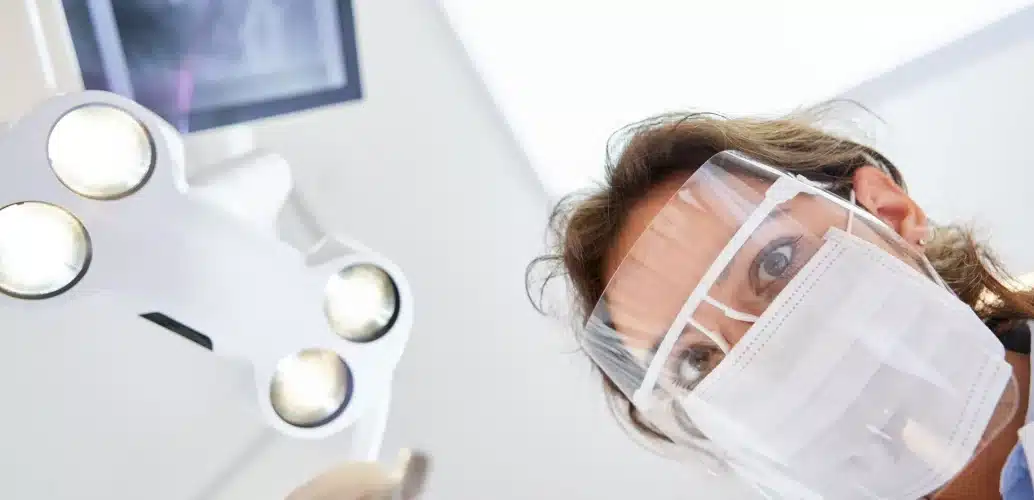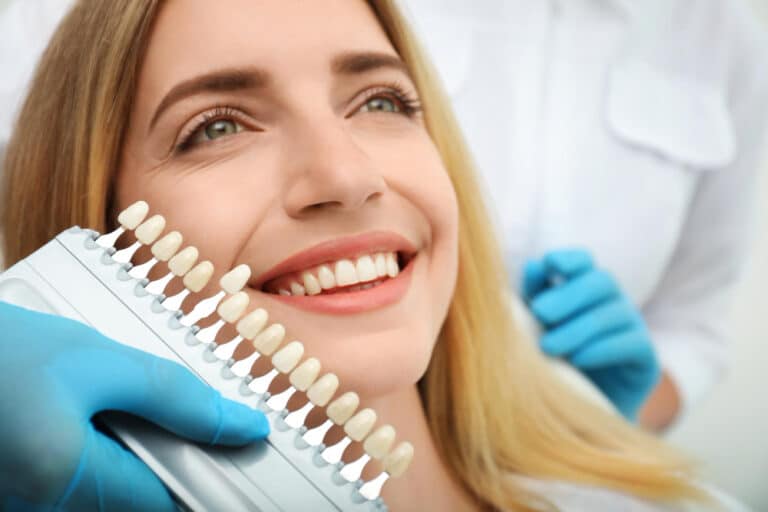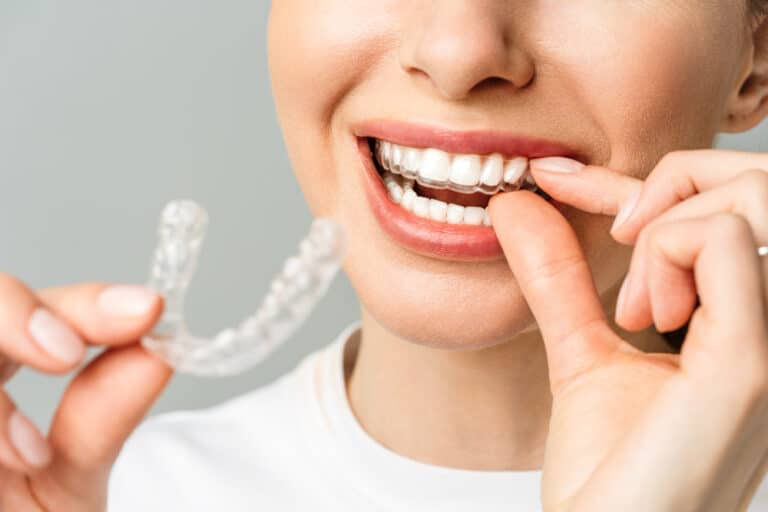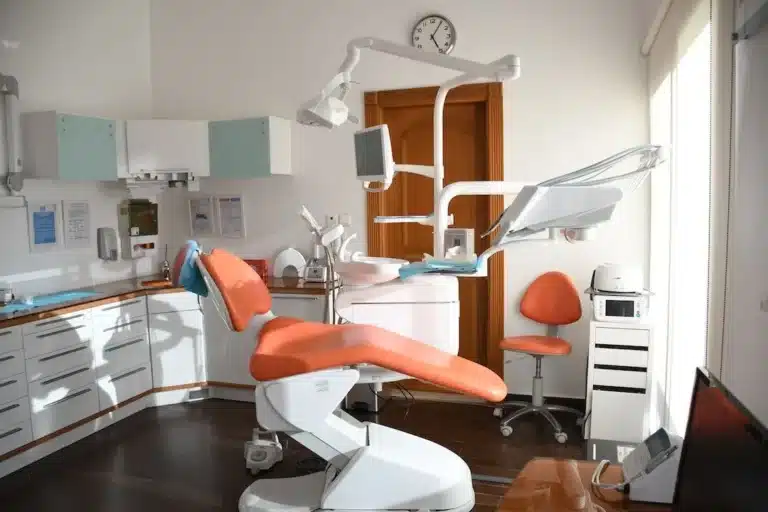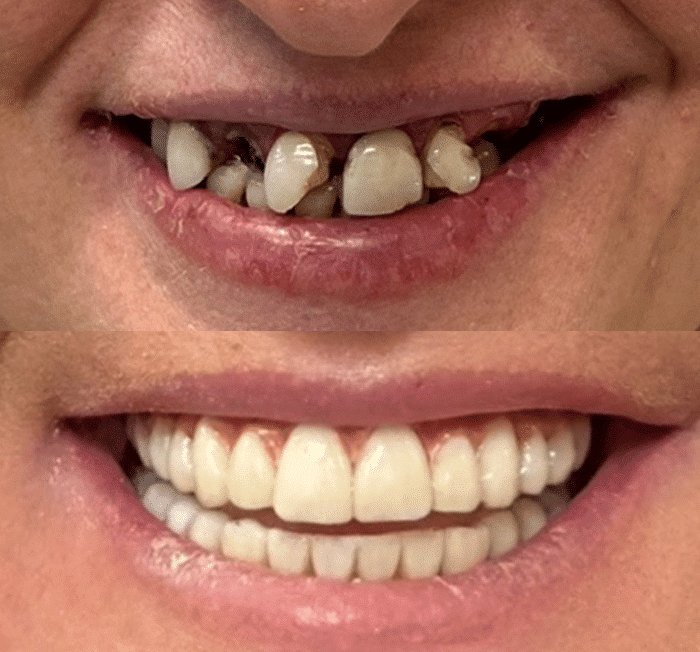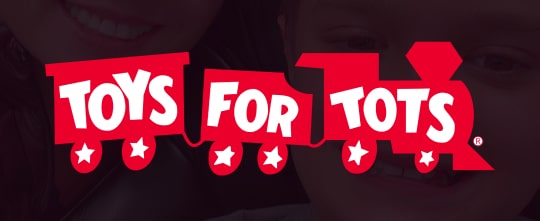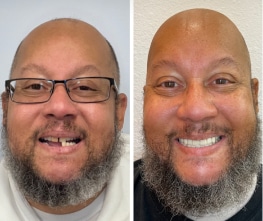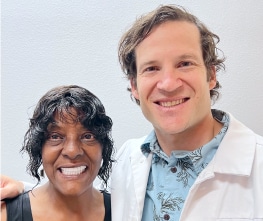What is emergency dentistry? If you are asking yourself this question, then we have the answers for you. Click here to learn more.
There are about two million dental-related emergency department visits every year. The most common dental-related ER visits involved pulp and periapical tissue. If you find yourself in the middle of a dental emergency, it helps to know where to go.
What is emergency dentistry, exactly, and when should you visit your dentist in Monument, Colorado for treatment? Read on to find out.
Reviewing this guide will ensure you’re prepared if you’re ever facing a dental emergency. Prepare yourself with this comprehensive guide today.
What Is Emergency Dentistry?
First, let’s cover the basics. What exactly is emergency dentistry?
A dental emergency is defined as any situation when a problem involving your oral health could put your life in danger. If you find yourself in the midst of a dental emergency, it’s important to seek treatment right away. Otherwise, the situation might compromise your health and well-being.
As a result, it’s important to make sure your dentist in Monument, Colorado already offers emergency dentistry services. If they don’t, look for a local dentist who offers these services during extended hours. Finding a local emergency dentist will allow you to cover your bases before there’s an actual emergency.
Otherwise, you might find yourself scrambling to find a local emergency dentist during a time-sensitive situation. Remember, it’s important to seek treatment as soon as possible (before your health is further compromised).
What counts as an emergency? Keep an eye out for symptoms such as:
- Severe pain
- Loose teeth
- Swelling or knots on the gums
- Facial swelling
- Bleeding from the mouth or gums
- A lost or broken filling
- Damaged braces
- A broken jaw
- An abscess (serious infection)
These situations require immediate dental care and treatment. For example, an abscess could spread into your bloodstream. As the infection spreads, it could become life-threatening.
If any of these situations sound familiar, visit your Monument dentist as soon as possible.
Situations That Aren’t Emergencies
During your next dental appointment, talk to your dentist about dental emergencies. They’ll help you recognize which situations do and don’t count as emergencies.
For example, if you can wait a few days before seeking treatment, the situation likely isn’t a dental emergency.
Perhaps you accidentally chipped a tooth. While it might cause some pain, a small chip shouldn’t cause severe symptoms.
If you cracked the tooth and experience pain, oral trauma might occur. Oro-dental trauma results from injury to your oral cavity, mouth, or teeth. About one billion people are affected by oro-dental trauma.
Treatment could prove costly or lengthy (and even lead to tooth loss or other complications) if you neglect to seek immediate treatment.
Perhaps you lost a filling or crown. In these cases, you can usually wait a day or two before visiting your dentist. Stick a piece of sugar-free gum into the cavity until you visit.
If you’re uncertain, call your dental practice and ask if the situation counts as a dental emergency.
Remain Proactive
In the meantime, make an effort to remain proactive about your dental care.
First, make sure to brush and floss daily. Brushing and flossing will remove plaque and bacteria from between your teeth. Keeping up with your oral hygiene can minimize your risk of tooth decay or gum disease.
Make sure to schedule an appointment with your Monument dentist every six months, too. Routine appointments will allow your dentist to spot potential problems before they develop further. With help from your dentist, you can develop a customized treatment plan based on your unique needs.
Confirm that your current dentist offers dental emergency services as well. If an emergency does occur, you’ll have peace of mind knowing your dentist offers the necessary services.
Examples of Dental Emergencies
It helps to have a few examples of dental emergencies to know when to seek immediate help. Here are a few situations you might encounter that indicate you need to visit a dentist.
A Broken Tooth
If you were recently in an accident (such as a car or sporting accident), the impact could cause you to crack, break, or chip a tooth. First, determine if there are any broken pieces you can collect.
Next, wash your mouth out using warm water. If you experience swelling, place a cold compress (wrapped in a towel) against your cheek. Press gauze against the area if it begins to bleed.
Damaged Braces
Damaged braces could lead to other injuries. For example, a loose wire could cut the inside of your cheek or gums.
Place a cotton ball or gauze around the damaged area until you can visit your dentist to avoid further injury. Visit the dentist right away to repair your braces before they cause further complications.
Knocked Out Teeth
A sporting or car accident might cause you to lose a tooth. If a tooth is knocked out of its socket, visit your Monument dentist.
When collecting the tooth, don’t touch the root. Instead, rinse it out with water and keep it in milk until your appointment.
A Gum Abscess
Remember, most dental emergencies can lead to complications. For example, a gum abscess can cause symptoms like:
- Pus discharge
- Fever
- Pain when chewing
- A bad taste in your mouth
- Sensitivity
Your teeth could become loose as the infection spreads and weakens your immune system. If these symptoms sound familiar, visit an emergency dentist.
A Tooth Abscess
A tooth abscess can cause:
- Sensitivity
- A bad taste
- Fever
- Facial swelling
- Swollen lymph nodes
- Toothaches
You might experience difficulty breathing or swallowing, too. As the infection spreads, your mortality rate could increase.
Visit your emergency dentist to have the abscess drained right away.
Emergency Dentistry: Consult Your Dentist in Monument, Colorado
Ignoring a dental emergency could compromise your overall health. If these situations sound familiar, visit your dentist in Monument, Colorado. Make sure they offer emergency dentistry services beforehand.
With their help, you can treat the problem before complications develop.
Want to talk to your local dentist about emergency dental services? We’re here for you.
Contact us today to get started.
